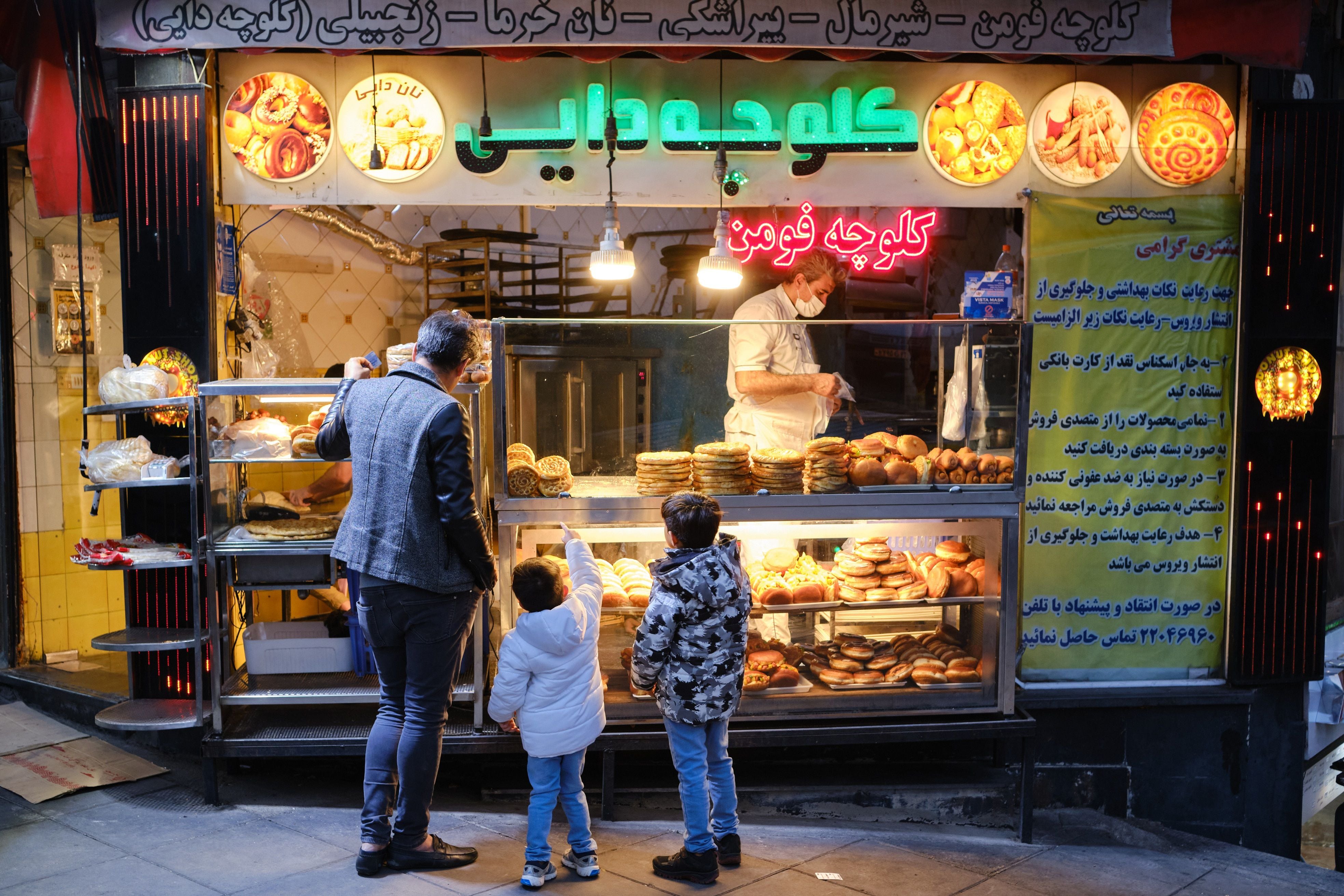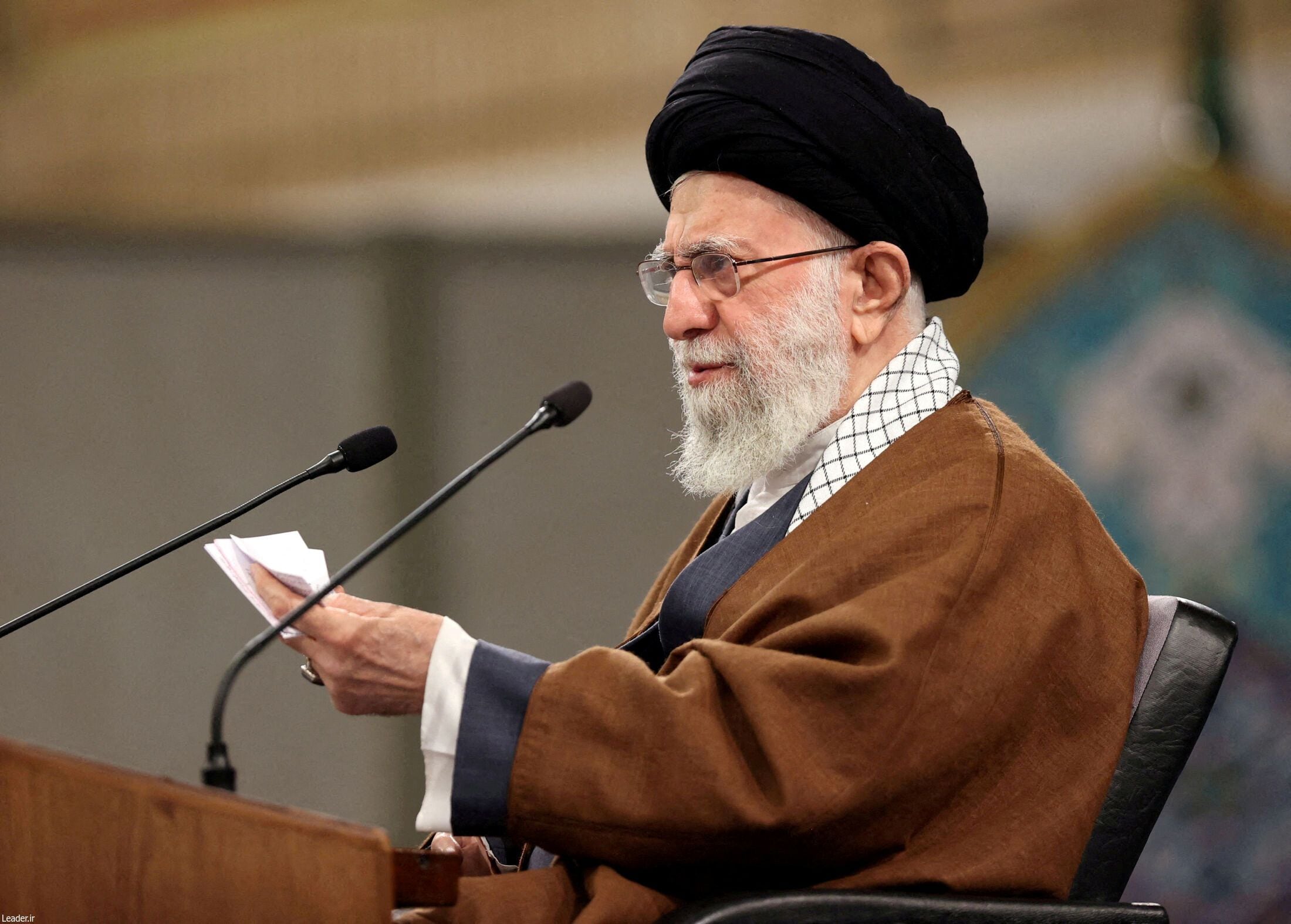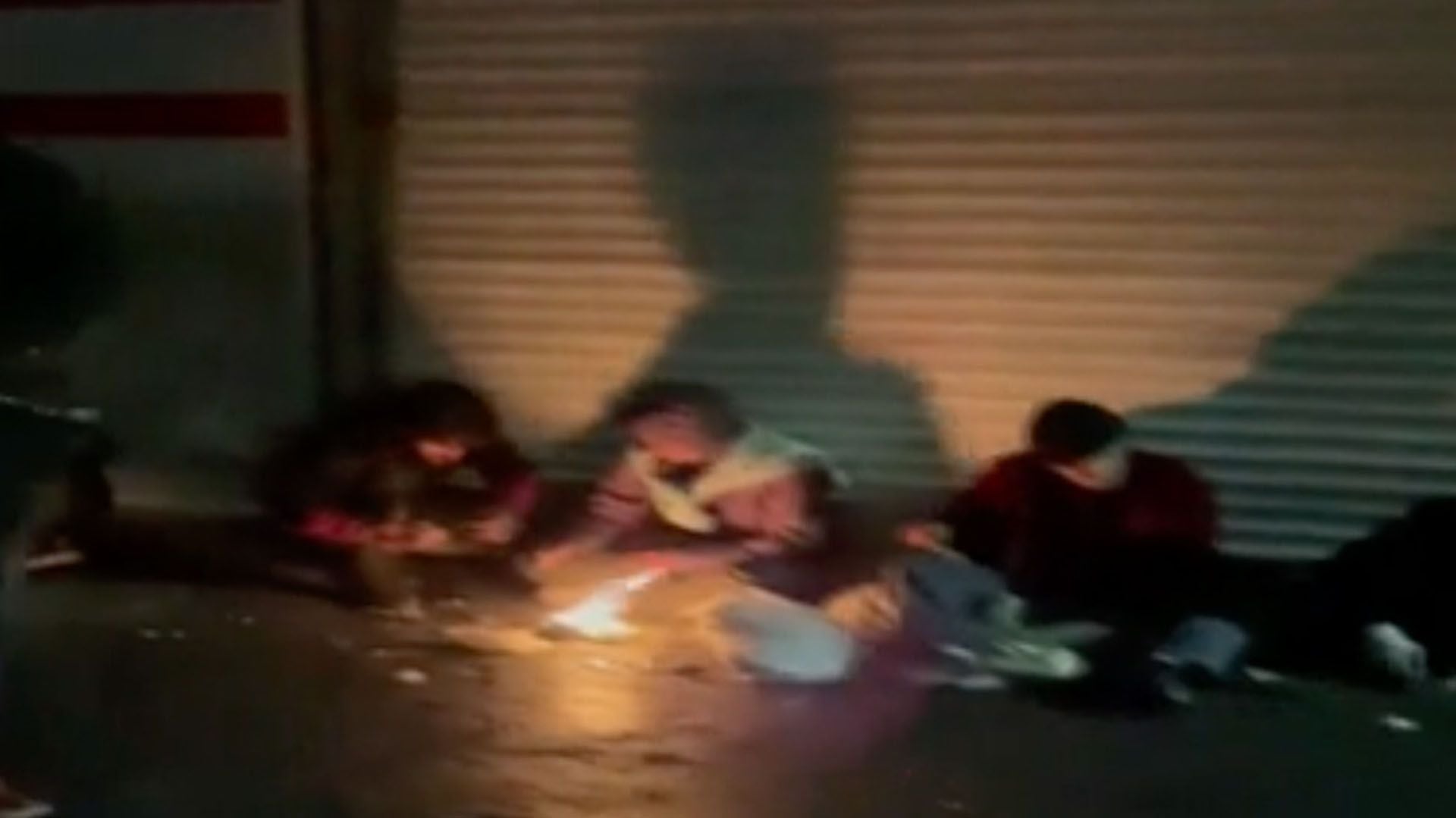
An Iranian dissident filmed a series of reports from Tehran for Israeli television, describing the country's dire economic situation, frustration among residents, drug abuse and prostitution.
Israel's Channel 12 reported that the first report of the series, aired on Sunday, marked the first time that cameras working for Israeli television have been operating in Iran since the Ayatollahs seized power in 1979.
The dissident said he risked touring Tehran with the normally hidden camera to document everyday life, for a sense of “vengeance” against the regime.
His identity was kept secret for his safety, and the people he interviewed had their faces blurred and their voices disguised to avoid identification.
“For our pain, we have no independence here, there is no freedom, no democracy, no normal life. There is dictatorship, robbery and crime. I know what I'm doing, and it's certainly very dangerous,” said the Channel 12 cameraman.
“I know the consequences of my actions. You have to resist and fight, and not give up. I hope that soon Iran will free itself from dictators,” he added.

The main daily concern of Iranians is the cost of living, according to the media report. International sanctions for the Iranian nuclear program and the regime's policies have led to increased inflation.
The Chamber visited one of Tehran's main shopping areas, where the businessman declared that a tableware he sold for 6 million riyals four years ago now costs 40 million ($960).
“The situation has changed a lot. Prices are already reaching millions and billions. What can I do with my salary? At most, I can pay rent, water, electricity, pay my two children and transportation. I can't do more,” said another resident.
Several interviewees blamed inflation on the Iranian regime.
“A satisfied womb cannot understand a hungry one. The leaders live well in their ivory towers, but we are living dead here. A person dies once and is buried, but here we die every day,” another resident told Channel 12.

The cameraman visited the richest northern part of Tehran and filmed its well-kept parks and monuments. It is a more secular and relaxed area, and less supportive of the regime.
The government's religious edicts are not strictly enforced: some women do not wear hijab or do not wear it correctly and, if asked, tell the police that they have dropped it, according to the report.
Street performers play music they can't, and the children of wealthy Iranians celebrate parties by bribing local police, according to the report.
The south of the city is more conservative, religious and poor, and more supportive of the regime. There, the cameraman met homeless Iranians huddled up outdoors under blankets.
“I don't have anywhere else to go. I can't get any work. The problem with this country is that there are no leaders,” said one resident.
At night, the area was full of drug addicts sitting on the sidewalk, huddled up by small bonfires.

“When I see young people who have nowhere to go out or have fun, they go to smoke drugs to be happy. It's all due to poverty, unemployment and boredom,” said one citizen.
Another said that on one of Tehran's “drug streets” there were between 2,000 and 3,000 users at the same time.
“Nobody comes to tell them anything, but if you dare to drink a glass of alcohol and go outside, they find you, they put you in jail and beat you,” he said.
An Israeli expert who commented on the report said that opium use is widespread, and that other people use methamphetamine and heroin.
Another specialist said that heroin is sometimes easier to find and cheaper than other drugs, and that many women become addicted because their lives are harder than men's.
The camera documented prostitutes near the “drug streets” offered to drivers who passed for about $15.
“My mother and father were addicted to drugs, and so were my brothers. There is no work in this country. Where can you find work? ”, declared a prostitute.
“And in the end, when you find a job, they want to sexually exploit you. Everyone wants to exploit you in Iran, so I decided to choose [prostitution],” he added. If I didn't work on this, I would starve to death,” he said.
KEEP READING:
Últimas Noticias
Debanhi Escobar: they secured the motel where she was found lifeless in a cistern
Members of the Specialized Prosecutor's Office in Nuevo León secured the Nueva Castilla Motel as part of the investigations into the case

The oldest person in the world died at the age of 119
Kane Tanaka lived in Japan. She was born six months earlier than George Orwell, the same year that the Wright brothers first flew, and Marie Curie became the first woman to win a Nobel Prize

Macabre find in CDMX: they left a body bagged and tied in a taxi
The body was left in the back seats of the car. It was covered with black bags and tied with industrial tape
The eagles of America will face Manchester City in a duel of legends. Here are the details
The top Mexican football champion will play a match with Pep Guardiola's squad in the Lone Star Cup

Why is it good to bring dogs out to know the world when they are puppies
A so-called protection against the spread of diseases threatens the integral development of dogs




